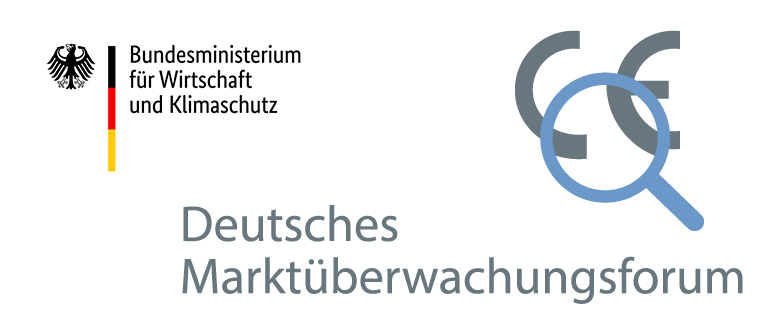Bundesnetzagentur decides on the fair distribution of network costs incurred by the integration of renewable energies
Klaus Müller, Bundesnetzagentur President: "We are arranging for a fairer distribution of costs."
Year of issue 2024
Date of issue 2024.08.30
The Bundesnetzagentur has today published a determination on distributing the additional costs incurred in distribution networks with a particularly high level of renewable generation. This distribution of additional costs will take effect as from 1 January 2025.
"We are setting fair network tariffs for people and businesses who live and work in regions with strong growth in renewables. The energy transition is a joint effort. Everyone benefits from investments in networks for renewable energies,"
said Klaus Müller, President of the Bundesnetzagentur.
The determination provides a framework with which network operators faced with particularly high costs from the expansion in renewable energy can identify and by which these additional costs are distributed more fairly among all electricity consumers.
The Bundesnetzagentur conducted a consultation on a key elements paper in December 2023 and on the draft determination in May 2024. The consultation results were used to further develop the model for the determination . For instance, data requirements were defined more precisely and special features of network operation were included. The determination has been published (in German) at: www.bundesnetzagentur.de/BK8-24-001-A.
Estimates on balancing out the additional costs, thus the cost distribution element, and on the specific relief amounts for those network operators eligible, will be possible from mid-October. The Bundesnetzagentur will publish these figures.
The relief amounts will be refinanced via a mark-up for specific network usage on the electricity price for all electricity consumption, which will be published by the transmission system operators on 25 October.
Multi-step model
The Bundesnetzagentur proposes a multi-step model. The first step would be to determine whether a network operator has a particularly high burden of costs from renewable energy expansion. The Bundesnetzagentur will determine an indicator for this. This will show the amount of renewable generation capacity connected to an operator's network in relation to the consumption in the network area.
The network operators will be compensated for their additional costs. The costs incurred could be distributed equally across the country among all electricity consumers.
The Bundesnetzagentur specifically intends to use the mechanism under section 19 of the Electricity Network Tariffs Ordinance (StromNEV). This is already balancing out certain network costs over all network users. The former "section 19 surcharge" makes up part of the electricity price. The aim of the surcharge at present is to offset any revenue lost by network operators because of certain consumers paying reduced network tariffs. This existing arrangement is now being built upon with less bureaucracy and with legal certainty. While there would be a significant reduction in the cost burden for the regions concerned, the increase in costs for all electricity consumers would be manageable.
Background
Many electricity distribution networks are still insufficiently digitalised and developed. This is however, necessary, for the take-up and onward transport of regionally produced electricity from renewable sources. The costs of development and digitalisation vary throughout Germany because wind energy is mostly produced in the north and large-scale solar farms are mainly built in rural regions.
All network costs are refinanced through the network tariffs by the electricity customers. Customers in those regions that would benefit from a reduction in the cost burden currently bear all the costs for integrating renewable energy. At present, the costs are not distributed equally among all network users. In large parts of north and north-east Germany, the network tariffs – as part of the electricity costs – are noticeably higher than in other regions of the country. In some network areas the network tariffs are up to around 15 ct/kWh, while in others they are less than 5 ct/kWh. In some federal states, such as Bavaria and Baden-Württemberg, there are also large differences in the network tariffs payable within the state.
The amendments to energy industry law in December 2023 gave the Bundesnetzagentur competence for taking the relevant decisions on network costs. The Bundesnetzagentur will have to make numerous determinations in this respect in the coming months. The ruling chambers at the Bundesnetzagentur take regulatory decisions in network access and charges proceedings, and as part of the sector-specific control of abusive practices. The ruling chambers comply with the specific European legal requirements on transparency and the independence of the decision-making process in market regulation.



